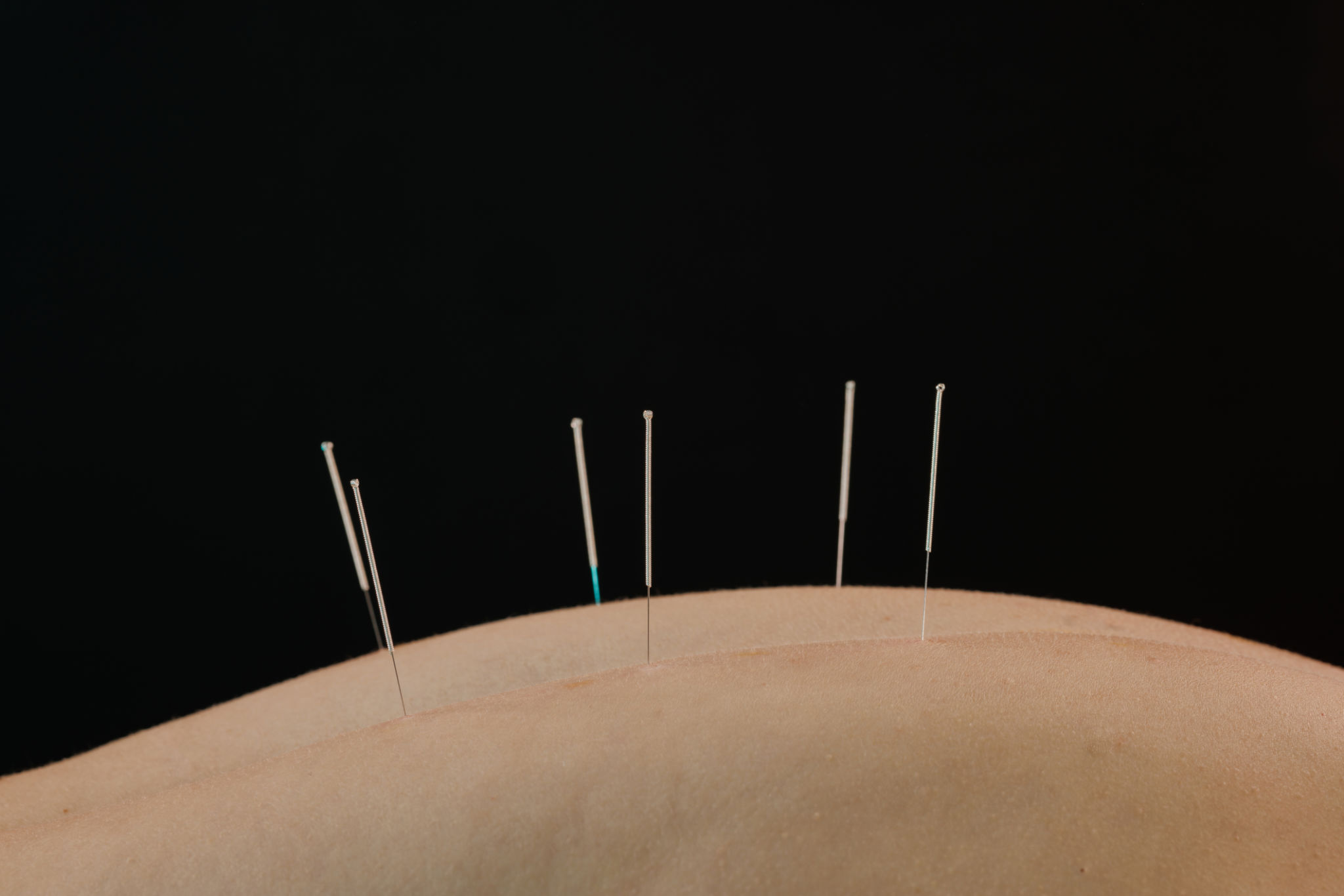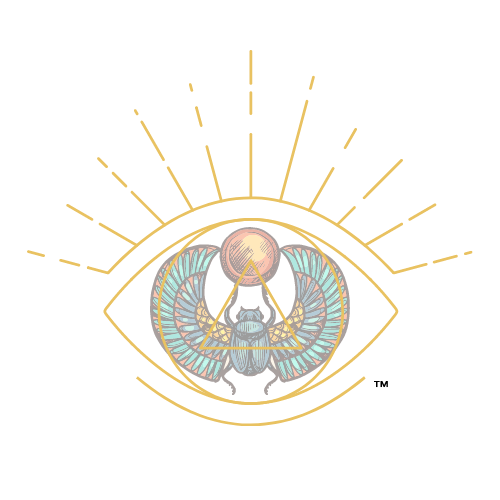Holistic Healing vs. Traditional Medicine: What You Need to Know
Understanding Holistic Healing
Holistic healing is an approach to wellness that considers the whole person—mind, body, and spirit—in the quest for optimal health and wellness. It emphasizes the connection between these elements and how they contribute to overall well-being. Practitioners of holistic healing often utilize a wide range of therapies, including acupuncture, massage, nutrition, and meditation.
One of the core principles of holistic healing is that each individual is unique and treatment should be personalized. This approach seeks to address the underlying causes of ailments rather than just treating symptoms. The goal is to achieve balance in all areas of life, which can lead to improved health and vitality.

Exploring Traditional Medicine
Traditional medicine, often referred to as Western medicine, focuses primarily on diagnosing and treating specific illnesses and conditions through scientifically tested methods. It is characterized by the use of pharmaceuticals, surgery, and other conventional medical practices to provide relief from symptoms and cure diseases.
Traditional medicine has proven to be effective in treating acute and life-threatening conditions. It relies heavily on research, clinical trials, and a systematic approach to understanding diseases. This method has significantly advanced human health, offering solutions like vaccinations and antibiotics that have saved countless lives.
The Role of Technology in Traditional Medicine
Advancements in technology have greatly enhanced the effectiveness of traditional medicine. From MRI machines to robotic surgeries, technology plays a crucial role in accurate diagnosis and treatment. With continuous innovation, traditional medicine continues to evolve, offering new solutions for complex health issues.

Comparing Approaches
While both holistic healing and traditional medicine have their own strengths, they also have limitations. Holistic healing focuses on prevention and maintaining balance, which can be highly beneficial for chronic conditions and overall health. However, it may not be as effective in emergencies or acute medical situations where immediate intervention is required.
Conversely, traditional medicine excels in acute care and emergency situations but may not always address the root cause of chronic conditions or promote overall wellness. This limitation highlights the importance of integrating both approaches for more comprehensive care.
The Potential for Integration
Integrating holistic healing with traditional medicine can lead to a more balanced approach to health care. By combining the strengths of both practices, patients can benefit from thorough treatment plans that address both immediate needs and long-term wellness goals.

Making Informed Decisions
When considering treatment options, it's important to be informed about both holistic healing and traditional medicine. Consulting with healthcare providers who are open to discussing various approaches can help determine the best course of action for individual needs.
Ultimately, the choice between holistic healing and traditional medicine—or a combination of both—depends on personal preferences, specific health needs, and the nature of the condition being treated. By understanding the benefits and limitations of each approach, individuals can make empowered decisions about their health care journey.
